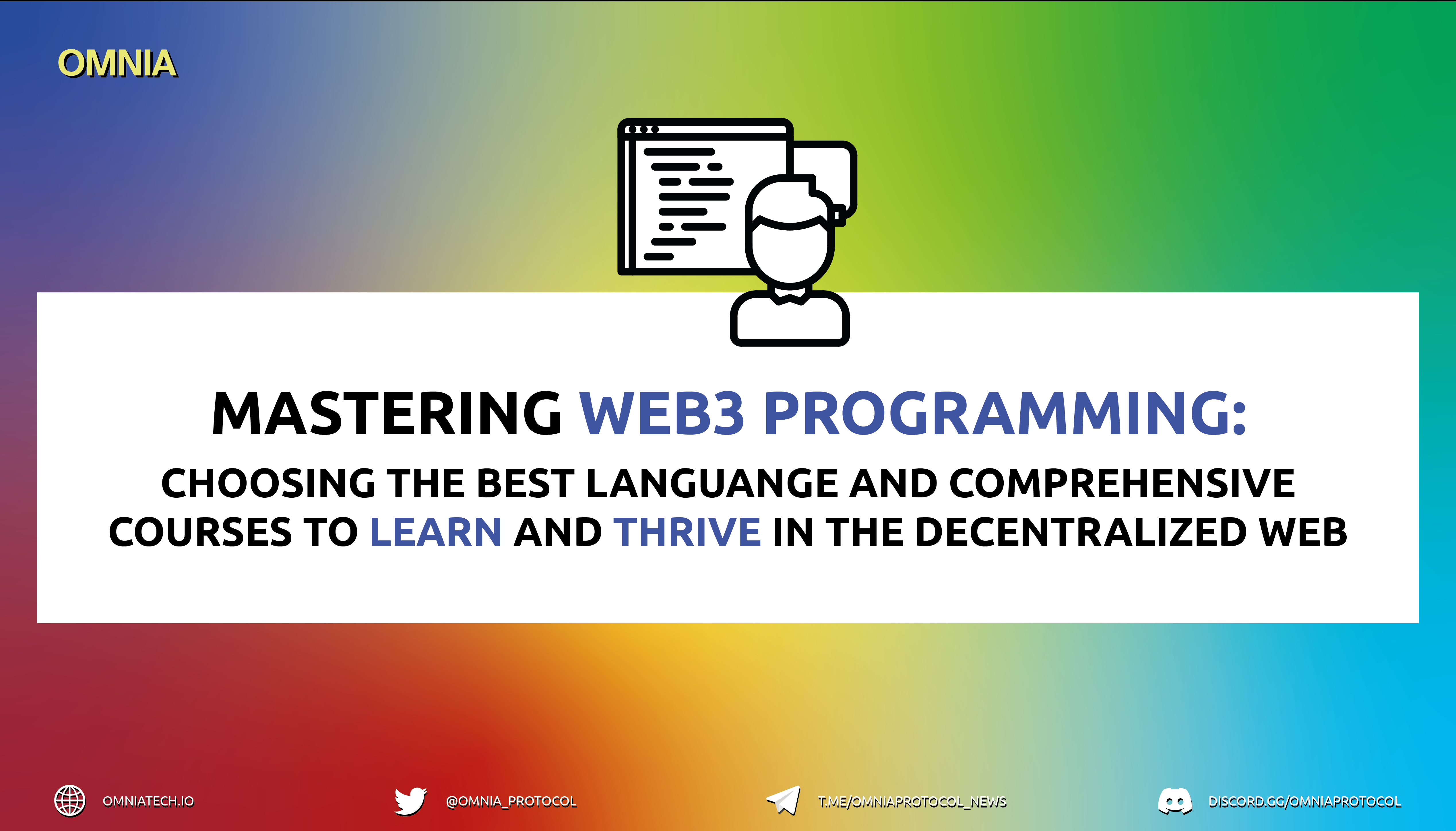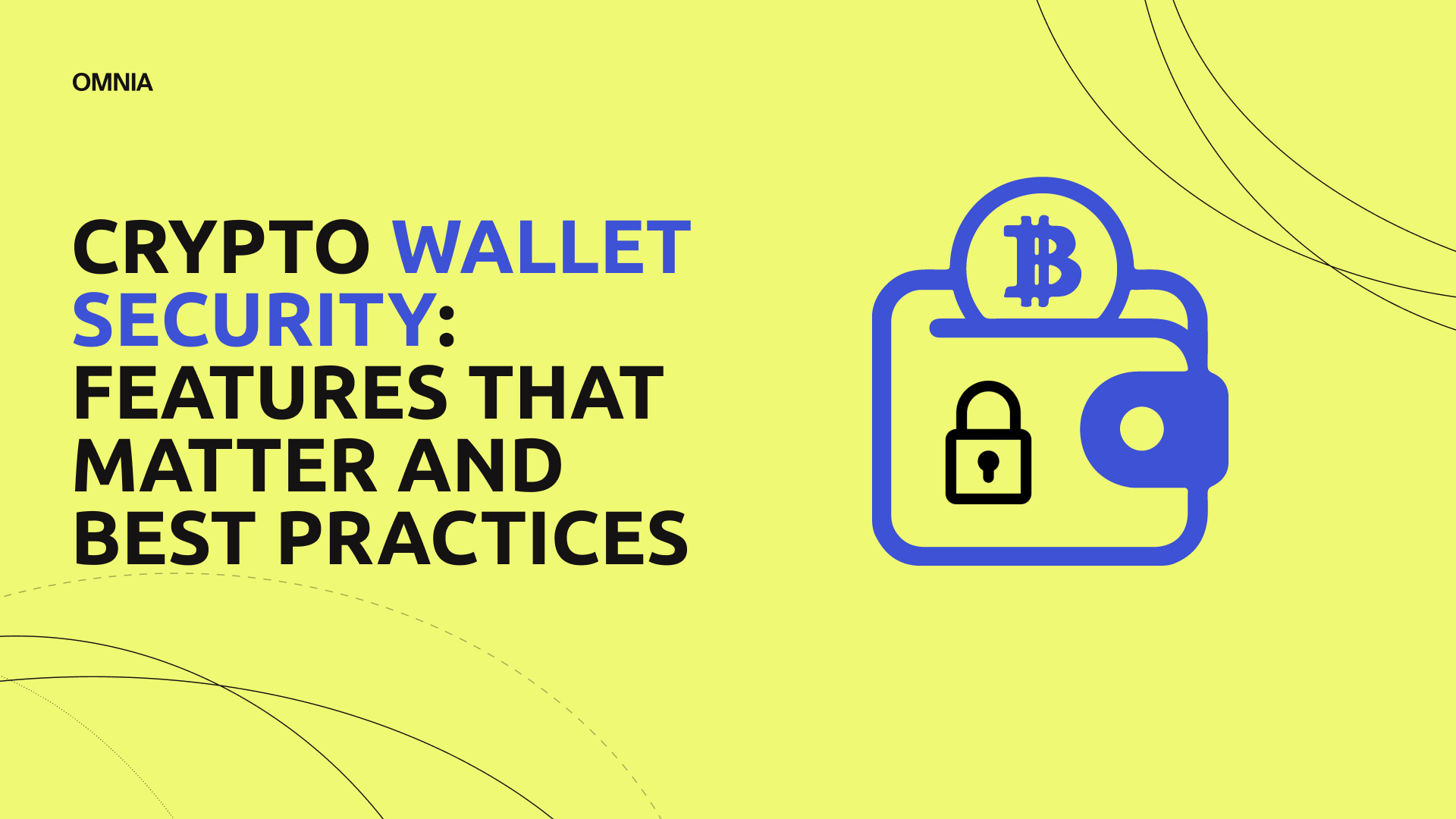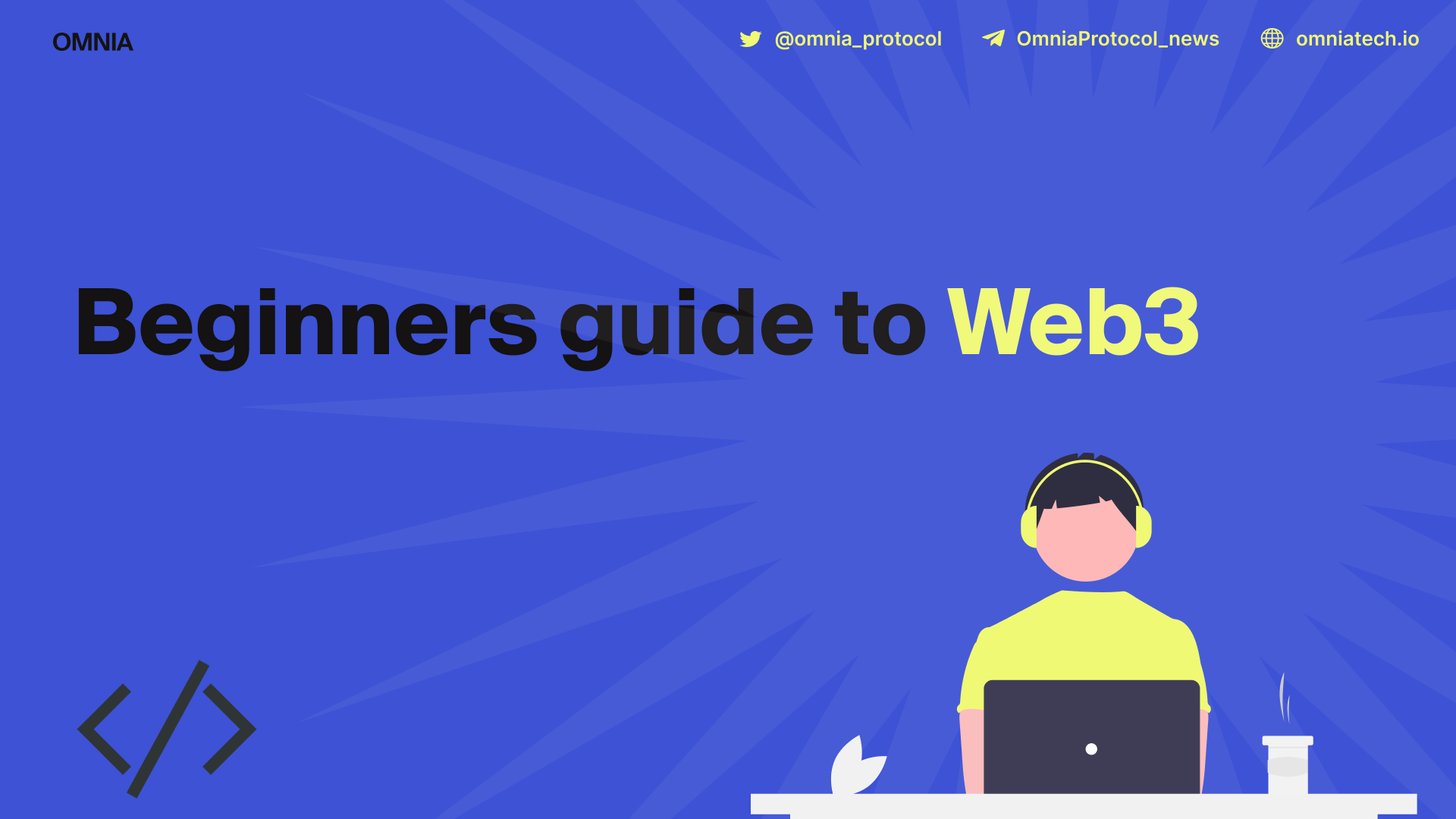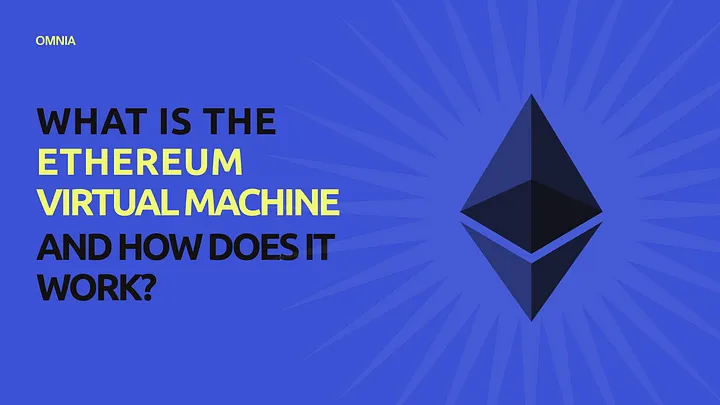
Mastering Web3 Programming: Choosing the Best Language and Comprehensive Courses to Learn and Thrive in the Decentralized Web
As the world of technology continues to evolve, the concept of Web3 programming is taking center stage in the development of decentralized applications (DApps). Web3 programming offers a new paradigm for the internet, moving away from centralized control and towards a more transparent, secure, and autonomous ecosystem. In this comprehensive guide, we’ll delve deeper into Web3 programming, explore the top programming languages available, examine their use cases, and discuss how to learn and master Web3 programming effectively.
What is Web3 Programming?
Web3 programming is the process of designing, developing, and maintaining decentralized applications that leverage blockchain technology, smart contracts, and peer-to-peer (P2P) networking. Unlike traditional web applications that rely on centralized servers and databases, Web3 applications are built on decentralized networks, which eliminates single points of failure and offers greater security, transparency, and autonomy.
A key aspect of Web3 programming is the use of smart contracts—self-executing contracts with the terms of the agreement directly written into code. These contracts automatically execute when predefined conditions are met, reducing the need for intermediaries and enabling seamless transactions between parties.
Top Programming Languages for Web3
Choosing the right programming language for Web3 is crucial to the success of your decentralized application. Here, we’ll explore the best programming languages for Web3 and discuss their strengths and use cases.
- Solidity is the primary programming language for the Ethereum blockchain, which is the most widely-used platform for building DApps and smart contracts. Designed specifically for creating smart contracts, Solidity is a statically-typed, contract-oriented language with syntax similar to JavaScript and C++.
- Strengths:
- Tailored for smart contract development
- Large developer community
- Well-documented resources
- Use Cases:
- Building DApps on the Ethereum network
- Writing smart contracts for Initial Coin Offerings (ICOs)
- Decentralized finance (DeFi) applications
- Strengths:
- JavaScript is a versatile and widely-used programming language that plays a vital role in Web3 development. With its extensive library support and the ability to interact with various blockchain platforms, JavaScript is perfect for creating user interfaces, handling web requests, and integrating decentralized components into web applications.
- Strengths:
- Extensive library support (e.g., Web3.js, Ethers.js)
- Compatible with multiple blockchain platforms
- Broad range of use cases
- Use Cases:
- Front-end development for DApps
- Interacting with smart contracts
- Building browser-based blockchain applications
- Strengths:
- Rust is a systems programming language that emphasizes performance, safety, and concurrency. Many Web3 platforms, such as Polkadot and Solana, have adopted Rust for their core development due to its efficiency and security features.
- Strengths:
- High-performance and memory-efficient
- Strong safety guarantees
- Concurrency support
- Use Cases:
- Building high-performance blockchain applications
- Developing core infrastructure for Web3 platforms
- Smart contract development on platforms like Solana
- Strengths:
- Python is a popular, high-level programming language known for its simplicity and ease of use. With a wide range of libraries and tools available, Python is an excellent choice for developers looking to get started with Web3 programming.
- Strengths:
- Simple and easy to learn
- Extensive libraries and tools (e.g., Web3.py, Brownie)
- Fast prototyping and deployment
- Use Cases:
- Quick prototyping of DApps and smart contracts
- Data analysis and manipulation in blockchain applications
- Scripting and automation for blockchain networks
- Strengths:
- Go, or Golang, is a statically-typed, compiled programming language designed for simplicity and concurrency. As the primary language for the development of the Ethereum 2.0 network, Go is an essential language to consider for Web3 programming.
- Strengths:
- Simple and clean syntax
- Strong concurrency support
- Scalable for large applications
- Use Cases:
- Building efficient and scalable DApps
- Developing core infrastructure for Ethereum 2.0
- Interacting with blockchain networks and APIs
- Strengths:
- C++ is a general-purpose programming language with a strong focus on performance, efficiency, and flexibility. As the language used for the development of the Bitcoin core software, C++ plays an essential role in the world of blockchain and Web3.
- Strengths:
- High-performance and memory-efficient
- Supports object-oriented, procedural, and generic programming
- Versatile and adaptable
- Use Cases:
- Developing core infrastructure for blockchain platforms
- Building performance-critical DApps and smart contracts
- Cryptocurrency wallet and exchange software
- Strengths:
- TypeScript is a superset of JavaScript that adds optional static typing to the language. It is widely used in the Web3 development space due to its compatibility with JavaScript libraries and tools, as well as its ability to catch errors at compile time.
- Strengths:
- Compatible with JavaScript libraries and tools
- Static typing for error detection
- Increased maintainability and readability
- Use Cases:
- Front-end development for DApps
- Building and maintaining large-scale Web3 applications
- Interacting with smart contracts and blockchain APIs
- Strengths:
- Vyper is a contract-oriented programming language designed for the Ethereum Virtual Machine (EVM). As an alternative to Solidity, Vyper focuses on simplicity, security, and auditability, making it an appealing choice for developers looking to build secure and transparent smart contracts.
- Strengths:
- Designed for security and auditability
- Easy-to-read syntax
- Minimal feature set for reduced complexity
- Use Cases:
- Writing secure and transparent smart contracts
- Building DApps on the Ethereum network
- Decentralized finance (DeFi) applications
- Strengths:
Learning Web3 Programming: Courses and Resources
To learn Web3 programming effectively, it’s essential to choose comprehensive courses and resources tailored to your skill level and interests. Here are some recommendations for getting started with Web3 programming:
- ConsenSys Academy offers a range of courses on Ethereum, Solidity, and Web3 development. Their Blockchain Developer Bootcamp is a popular choice for those looking to gain hands-on experience with smart contracts, DApps, and Ethereum development tools.
- Dapp University is a YouTube channel and website that provides free tutorials on building DApps, smart contracts, and blockchain applications. Their content covers a variety of topics, including Solidity, Web3.js, and Truffle.
- The official Solidity documentation is a comprehensive resource for learning Solidity and smart contract development. It covers the basics of the language, advanced features, and best practices for writing secure and efficient contracts.
- CryptoZombies is a fun, interactive code school that teaches you to build your own Ethereum-based game through a series of coding lessons. The course is designed for beginners and covers topics like Solidity, smart contracts, and ERC721 tokens.
- The Polkadot/Substrate Developer Hub provides extensive resources for developers looking to build on the Polkadot network. It includes tutorials, documentation, and a knowledge base covering Substrate, Rust, and the Polkadot ecosystem.
- The Solana Developer Resources page offers a wealth of information for developers interested in building on the Solana blockchain. It includes guides, tutorials, and documentation on Rust, Solana’s SDK, and smart contract development.
- Ethereum Stack Exchange is a question-and-answer forum for developers working with Ethereum, Solidity, and Web3 technologies. It’s a great place to find solutions to common problems, ask questions, and learn from experienced developers in the community.
- Brownie is a Python-based development and testing framework for smart contracts on the Ethereum network. The official documentation covers installation, usage, and advanced features, making it an excellent resource for Python developers looking to dive into Web3 programming.
- Chainlink is a decentralized oracle network that enables smart contracts to securely access off-chain data. Their developer documentation offers detailed guides and resources for integrating Chainlink oracles into your Web3 applications.
- Truffle Suite is a popular development environment, testing framework, and asset pipeline for Ethereum-based projects. Their website offers comprehensive documentation and tutorials on using Truffle, Ganache, and Drizzle for smart contract and DApp development.
Best Practices for Learning Web3 Programming
As you embark on your Web3 programming journey, keep these best practices in mind to ensure a successful learning experience:
- Start with the basics: Gain a solid understanding of blockchain technology, smart contracts, and decentralized applications before diving into specific programming languages and tools.
- Choose a language and platform: Select a programming language and blockchain platform that align with your interests, goals, and prior experience. Focusing on one language and platform initially will help you build a strong foundation.
- Practice with real-world projects: Work on real-world projects and build your own DApps to gain practical experience and improve your skills. Participate in hackathons or collaborate on open-source projects to enhance your learning.
- Join communities and forums: Engage with other developers in online communities, forums, and social media groups to learn from their experiences, ask questions, and share your knowledge.
- Stay updated on industry trends: Keep up-to-date with the latest developments in the Web3 space by following industry news, attending conferences, and subscribing to newsletters and blogs.
- Learn from multiple resources: Utilize a variety of learning resources, such as online courses, tutorials, documentation, and videos, to gain a well-rounded understanding of Web3 programming concepts and techniques.
- Be patient and persistent: Learning Web3 programming can be challenging, but with patience, persistence, and a growth mindset, you can overcome obstacles and become proficient in the field.
As the digital landscape evolves, Web3 programming emerges as a transformative force driving the future of the internet. With a diverse range of programming languages and a wealth of resources available, there has never been a better time to delve into the world of decentralized applications. By honing your skills in the most relevant languages and immersing yourself in the vibrant Web3 development community, you’ll be well-prepared to make a lasting impact on this exciting frontier. Embrace the potential of Web3 programming to not only advance your career but also contribute to a more secure, transparent, and empowering internet experience for all.


